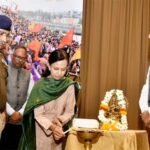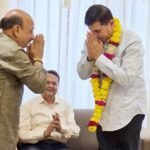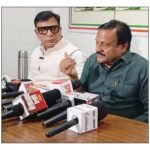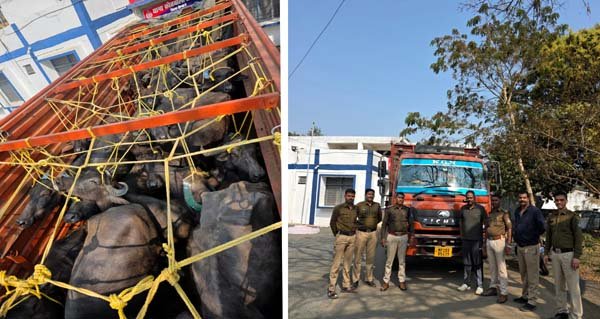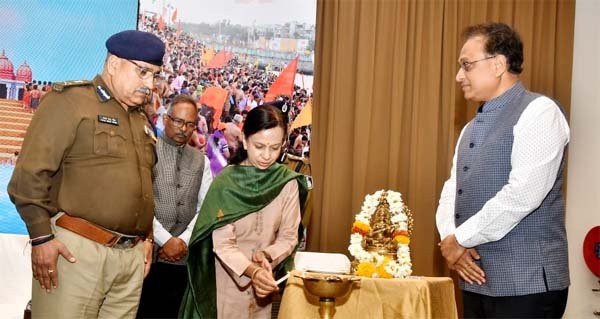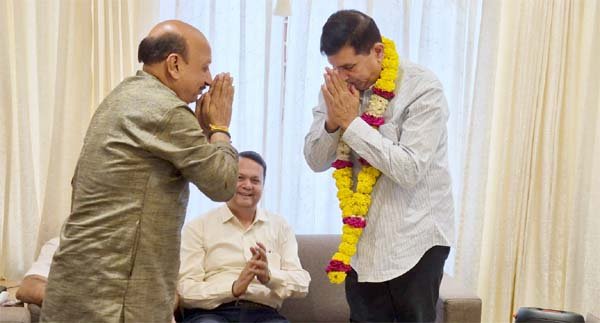New Delhi, Nov 13 (UNI) The Supreme Court on Thursday reserved judgment on petitions seeking compensation from the union of India for deaths allegedly caused by COVID-19 vaccines and on a plea for the constitution of an independent expert committee to examine adverse events following immunisation (AEFI).
A Bench comprising Justice Vikram Nath and Justice Sandeep Mehta heard writ petitions filed by Rachna Gangu and Venugopalan Govindan, who alleged their daughters died as a result of vaccine-related adverse effects.
The Court also considered an appeal by the union of India against an interim order of the Kerala High Court in a separate petition by Sayeeda K.A., who alleges her husband died after vaccination and sought the formulation of a compensation policy.
Senior Advocate Colin Gonsalves, for the petitioners, sought leave to amend the petitions to add an independent inquiry and arrayed roughly 40–50 case studies and affidavits from medical professionals, contending there has been systemic under-reporting of vaccine adverse events.
He told the Court that, over four years, the petitioners had encountered hundreds of similar reports and urged the formation of an expert, independent panel to reconcile apparent discrepancies in reported deaths.
The union opposed expansion of the petitions, saying issues of authorisation, safety and reporting mechanisms were already considered in the 2022 judgment in Dr Jacob Puliyel v. union of India.
The government argued that the original petitions raised individual grievances and should not be converted into a generalised challenge to the national vaccination programme.
Advocate Prashant Bhushan, for intervenors, supported the demand for an independent probe into serious adverse events.
During the hearing, the Bench repeatedly pressed petitioners for an empirical basis for some allegations, including the claim that 33,000 deaths in India were vaccine-related, and questioned reliance on foreign data such as U.K. figures for the Indian context.
Justice Nath asked how foreign statistics could be applied domestically and challenged the petitioners’ distrust of government data.
Additional Solicitor General Aishwarya Bhati, for the Union, defended India’s vaccination policy and adverse-event surveillance, providing aggregate figures.
She said that the total doses administered were about 220 crore; total AEFI cases reported, 92,687 (approximately 0.0042%); and 50 reported TTS cases.
She submitted that each reported case was examined by expert committees, that the surveillance mechanism received international recognition, and that available evidence did not establish a definite causal link between the vaccines and the deaths cited.
The ASG also emphasised that vaccination in India was voluntary and that vaccines saved millions of lives.
Counsel for petitioners countered that, although nominally voluntary, vaccination became effectively compulsory for many due to workplace, educational and access restrictions, and reiterated claims of lack of transparency in adverse event reporting and trial data publication.
After hearing extensive submissions, Justice Nath reserved judgment, saying the Court would consider all submissions, decide on the proposed amendments and examine whether an independent committee should be constituted and what directions, if any, should be issued.
The Bench will deliver its decision in due course.



